Why Facebook isn’t video conferencing, despite its claims it operates in this arena
A company the size of Facebook can easily penetrate any market it wants to play in. With enough cash for reasonable research and development, market entry shouldn’t be any problem. The tech giant plays a dominant role, wether you like it or not, in a variety of important markets.
Kids claiming that Facebook is for moms often spend their social media hours on Instagram or are interconnected through WhatsApp, equally Facebook products. Facebook is everywhere. And along with being everywhere comes conferencing. It is the logical next gen way of communicating. As easy as Facebook connects people through its own platform or via WhatsApp or Instagram, visual communication may not seem to go as streamlined.
Facebook and video conferencing may seem an odd name to many specialists, but Facebook is already launching its 2nd generation of tools.

It is very unclear what Facebook wants to achieve from a business perspective with the video conferencing investments it made. The devices come in a portrait and landscape shape and should foster communication between friends and family, but it seems that none of the users is really interested. The around $ 200 or $ 300 price points should not have been the problem. On a 2nd introduction, Facebook came with uglier versions, digital photo frame type of products with prices of $ 129 and $ 179 for respectively an 8″ or 10″ display version. These devices are called Portal Mini and don’t deserve a picture.
It simply seems that Facebook blew its chances because of privacy. Upon launching Portal Mini, reactions looked like this:
Redesign the product all you want, still a hard no. Redesign your whole company to be something other than an underhanded data broker? Maybe we’ll talk.
Price is what got people to buy millions of Alexa’s and Google Homes. From a privacy perspective, what really make this any worse? There are Google Homes/Alexa’s which record video and audio just like Facebooks product.
I’m probably one of the few people here who feel like this product line is a legitimately good idea, but I feel like it’s at least five years too late.
I agree. In the USA, Messenger could have been our WhatsApp — meaning the messaging system that is used by everyone across iOS and Android boundaries. I mean it kind of is that in my small circle of family & friends, but it could have been that for nearly everybody, if Facebook had not squandered consumer trust.
Facebook’s newest addition to this portfolio is Portal TV (as shown in the header image of this article). Although the image looks nice, the product looks horrendous, nothing more than an ordinary wannabe camera supplier from China. And worst of all, it comes with a none-intuitive remote control.
Facebook doesn’t seem to understand that it ruined some privacy issues permanently. And adding a camera to the eco system just makes it worse. But there are more interesting aspects to the failure of Facebook’s imaginary video conferencing efforts: Amazon’s Chime and dropping in on calls with their Fire Tablets and Echo (Show) devices simply gain much more sympathy because of their much bigger offering: better products, higher quality, more content and a company with higher likeliness to pay money to. Needless to say that the Amazon credibility is much better. But that is not all: to maintain a Facebook account you need a computer, or at least a tablet. And most likely is that tablet a much better video terminal than the Facebook camera. In addition, this tablet or computer can work with Facebook and other applications, not limiting the capacity of the device to a single use.
It is quite obvious that business is not interested in opening more of Facebook to have interaction between employees among each other or customers. Facebook Messenger as a means of interaction between company and consumer is not regarded to as ‘ideal’ by the company, but as an unfortunate must-have and no one is waiting for additional complexity or annoyance through video terminals.
Cisco – the world leader in visual communication – tried commercialising video conferencing into the living room with Cisco Umi (back in 2010 till 2012). So if Cisco nails it with professional video conferencing but fails with consumerised versions, why would Facebook, with no such experience at all, master this market several years after?

Cisco UMI, together with the Flip Digital Camera in the Hall of Shame
Cisco had a vision with video conferencing and killed UMI silently in 2012 and understood once again that the cobbler should stick to its last. But UMI did not even deviate so much from Cisco’s core business as is the case with Facebook and video conferencing.
Facebook was designed to make interaction possible among students. It grew out to default in social media for any user, on any network, on any device. But just as the users aren’t waiting to be dictated on what kind of computer to use Facebook, users aren’t waiting for a unified camera to be seen on. At all.
Comments
Leave a Reply
You must be logged in to post a comment.
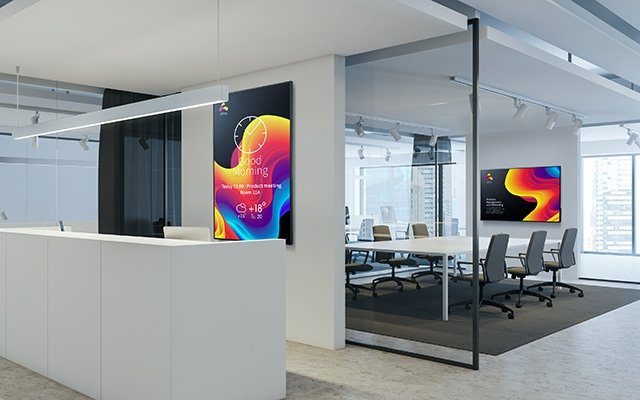
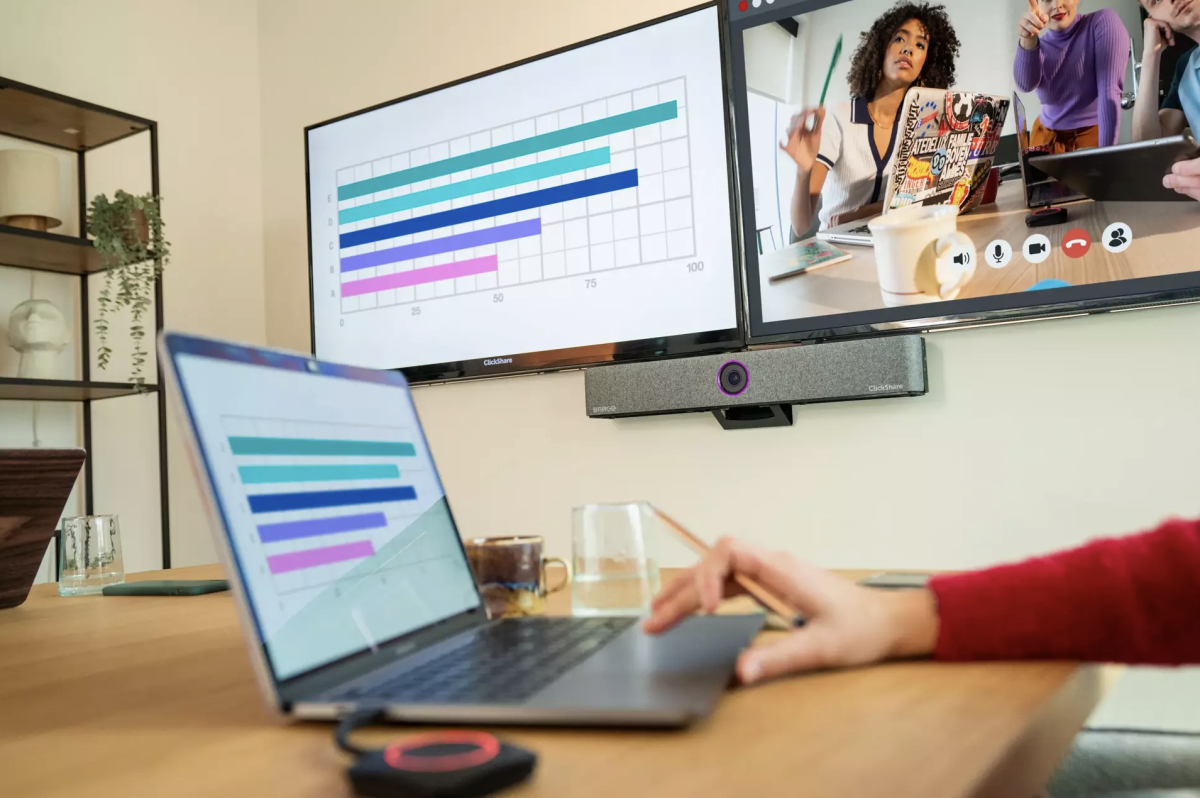
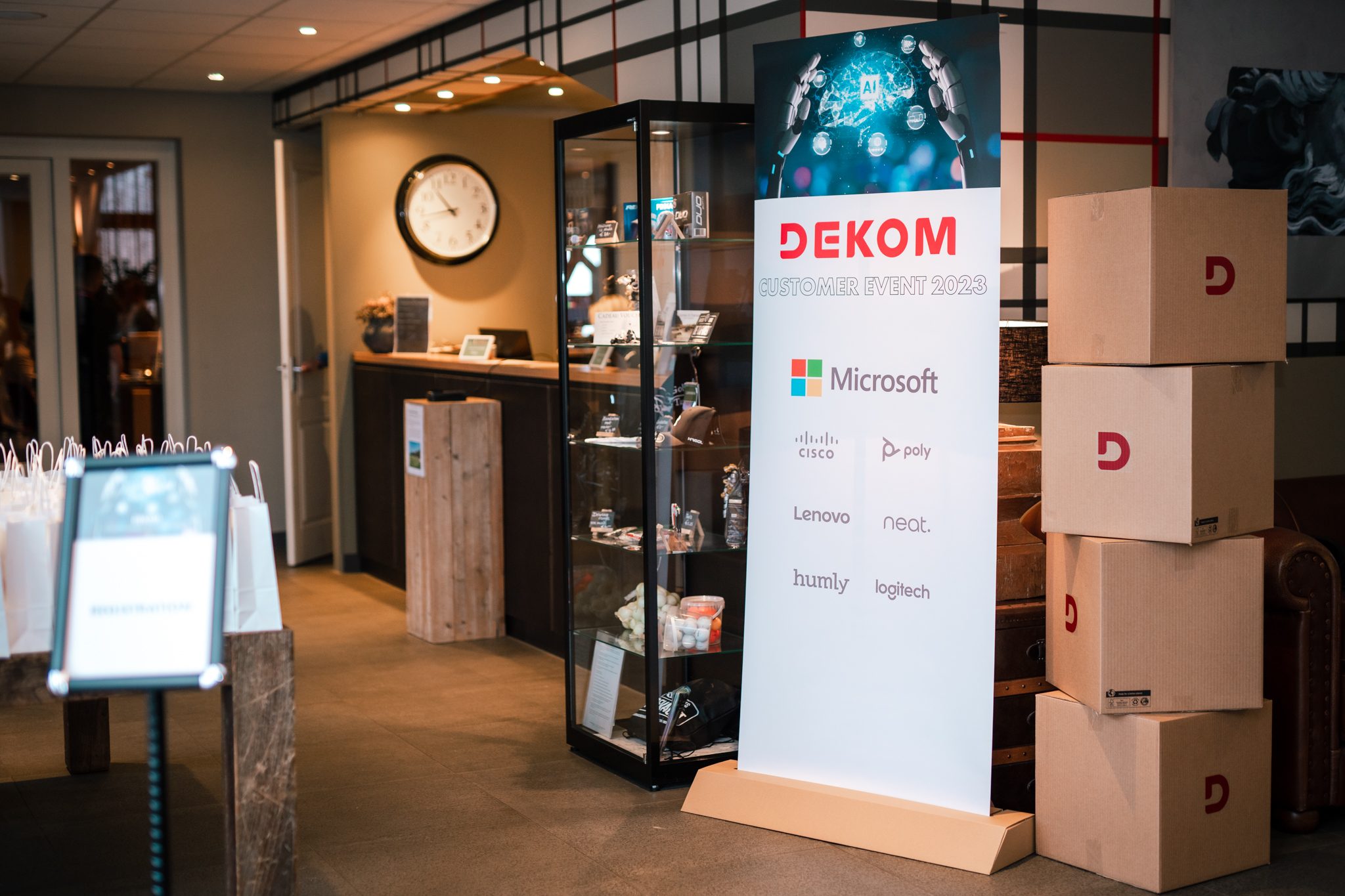




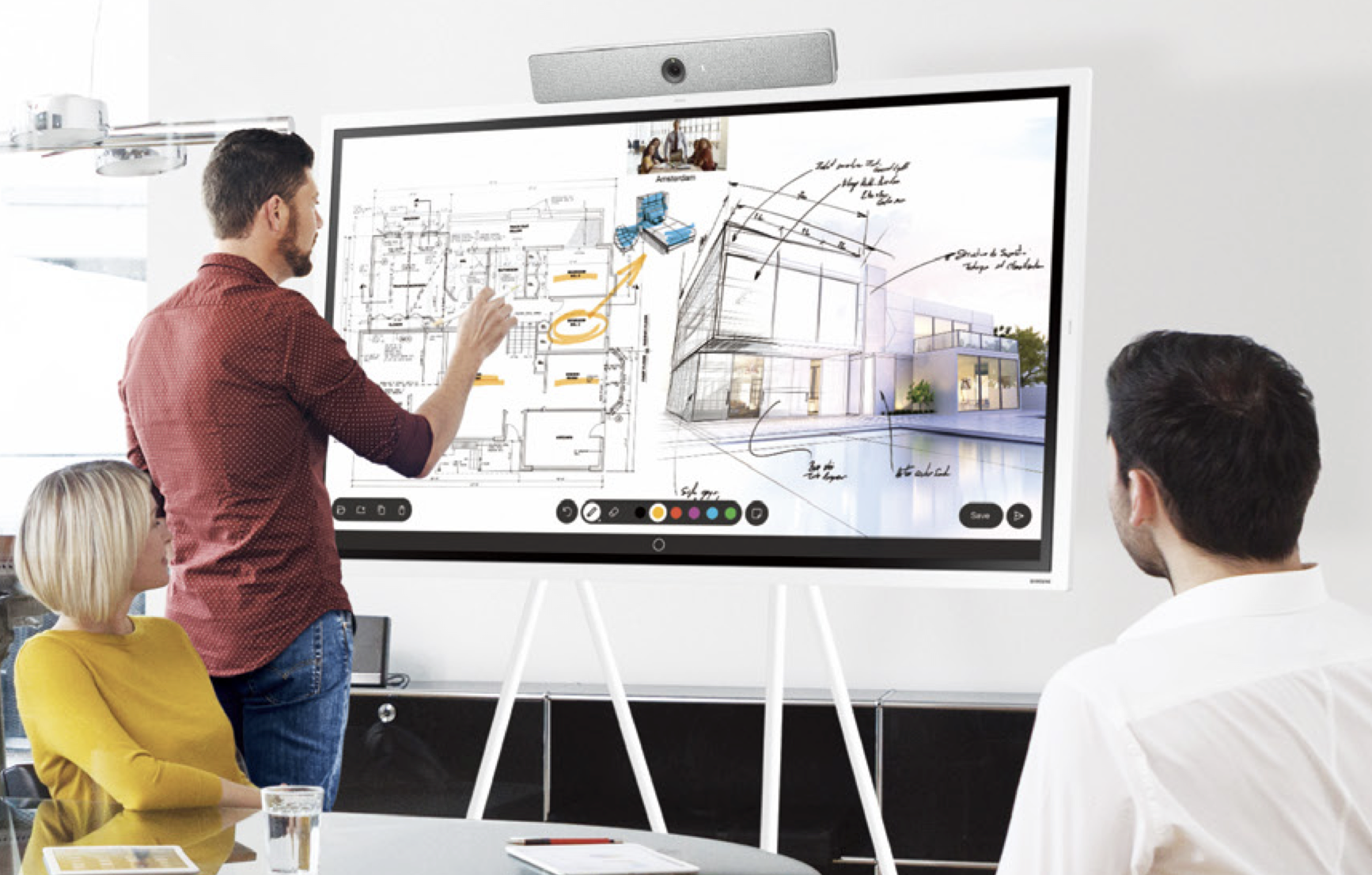

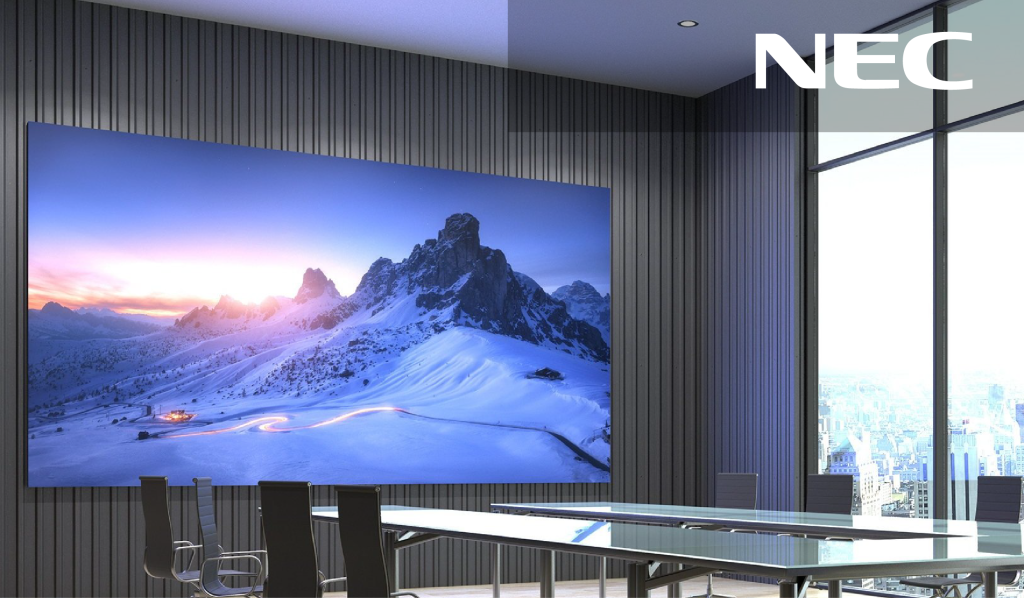

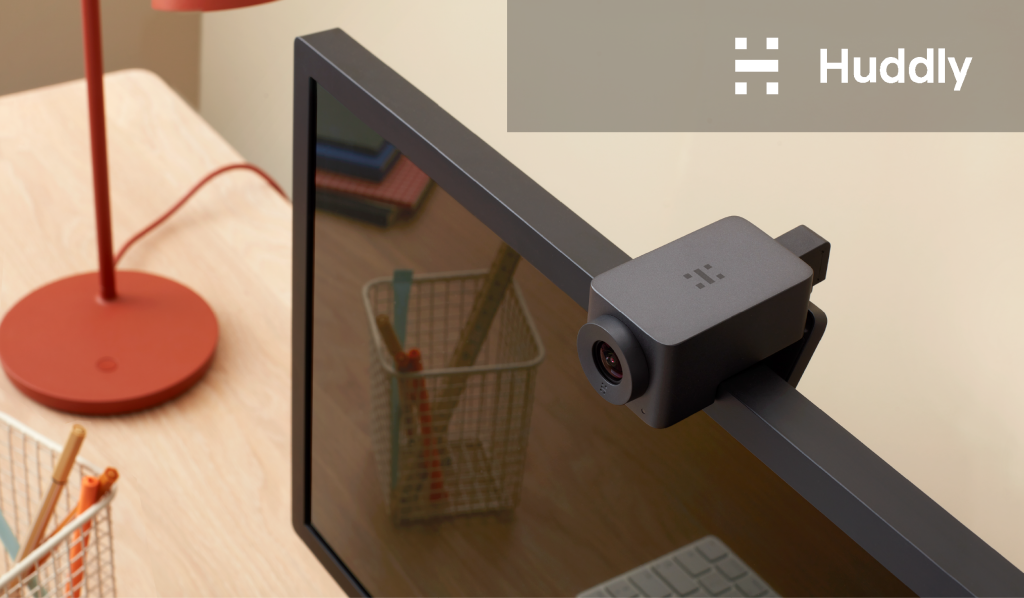
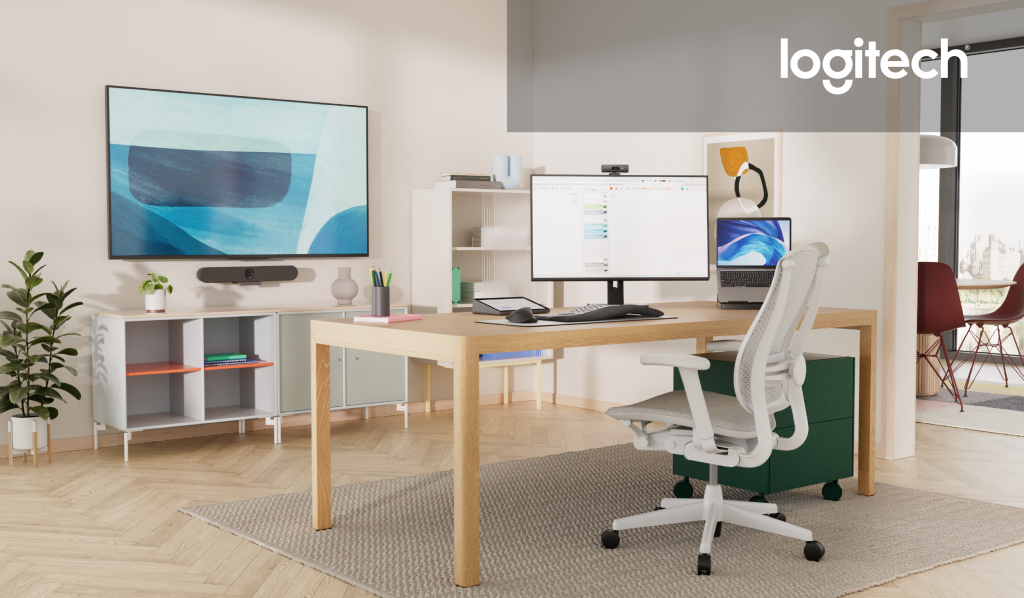
Thank you!